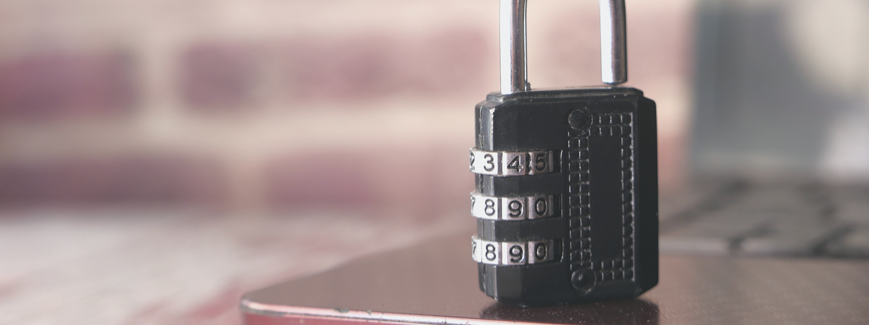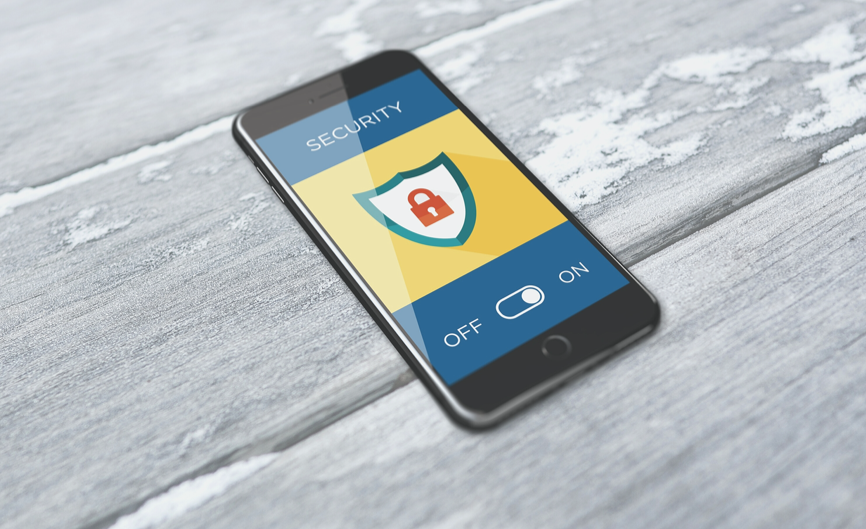Tick the Box:
Knowing more about
DATA PRIVACY
In this day and age, the use of technology has been utilized beyond our wildest imagination. We may or may not have foreseen that the internet will be as beneficial as it is now, but it seems that it has found a way to be an essential part of our lives. When Covid- 19 hit the globe, more and more people have also started to make use of the internet, such as to help their businesses—unfortunately, at times, some people also use the internet to take advantage of people’s rights.
Some internet platforms would require a person’s basic information. Usually, this will include a person’s full name, address, contact details, and at times, even photos. While there is a privacy agreement that comes with these forms, no one bothers to read it because of its length. Worse, there are times when these information gets leaked, and in that instance, one should at least have a basic grasp of how he can take caution and protect himself from people with ill intent.

Republic Act No. 10173, more commonly known as the Data Privacy Act of 2012, aims to protect all forms of information, whether private, personal, and even sensitive ones. It covers not just natural persons but also juridical ones, who are involved in the processing of personal information. When we speak of “processing”, this means that the personal information is collected, recorded, stored, or used for some other purpose.
While Data Privacy Act of 2012 seeks to protect all forms of information, there are a number of instances where it cannot be applied, such as but not limited to the following:
a.) Personal information processed for journalistic, artistic, literary or research purposes;
b.) Personal information originally collected from residents of foreign jurisdictions in accordance with the laws of those foreign jurisdictions, including any applicable data privacy laws, which is being processed in the Philippines;
c.) Information necessary for banks and other financial institutions under the jurisdiction of the independent, central monetary authority or Bangko Sentral ng Pilipinas to comply with RA 9510 and RA 9160, as amended, otherwise known as the Anti- Money Laundering Act and other applicable laws.
A person filling out a form, whether online or in actual, can only do so much. Companies and organizations must also know their obligations under the law.
Under the Implementing Rules and Regulations of the Data Privacy Act of 2012, all organizations are required to appoint a Data Protection Officer (DPO). The DPO shall be knowledgeable when it comes to data privacy and protection, and he must ensure that the organization or the company is always in compliance with data protection laws.
If and when you feel like your right to data privacy has been violated, whether your personal information has been leaked, or has been misused, or even improperly disposed, you may file a complaint with the National Privacy Commission (NPC). If the NPC finds merit in your complaint, the case will then be forwarded to its Enforcement Division of the Legal and Enforcement Office, for the enforcement of civil damages and fines. Other administrative sanctions may also be upheld, when deemed appropriate.
The NPC may also decide whether the case should proceed to criminal litigation. If it does, it shall forward the case records to the Department of Justice (DOJ) and recommend the prosecution of the case.
Ultimately, whether we are using the internet to provide our personal information or giving it manually, we shall always be careful and cautious with the information we share, and to whom we share them with.


